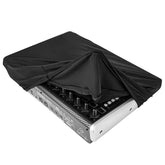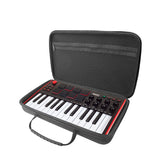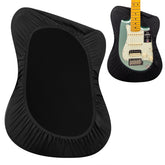Essential Considerations for Piano Owners: Purchase, Placement, and Practice
1. Purchasing a Piano
When buying a piano, it is advisable to opt for a high-quality instrument if financially feasible. Although the price may be higher, the tone quality is significantly better. Moreover, for beginners whose skills are not yet refined, the harsh sound of inferior pianos may prompt neighbors to take turns knocking on the door to "warn" you.

2. Piano Placement
For piano placement, it is recommended to position it against an interior wall or the homeowner's wall with several layers of barriers to effectively reduce the volume. Additionally, avoid overly spacious arrangements in the piano room by adding furniture and decorations to prevent excessive echoes.

3. Installing Soundproofing Devices
Forward-thinking parents who designate a room for musical instruments can mitigate the impact of instrument sound by opting for wooden flooring during renovations and incorporating soundproofing material in the walls and doors/windows. However, this approach may be less common.

4. Scheduling Practice Time Appropriately
As piano learners, it's essential to practice whenever possible, but it's equally important to choose suitable times to avoid disrupting others. Optimal practice hours include mornings (8:30-11:30), afternoons (15:00-17:30), and evenings (19:00-21:30). During the evening, playing gentle and soothing pieces can aid in relaxation.






